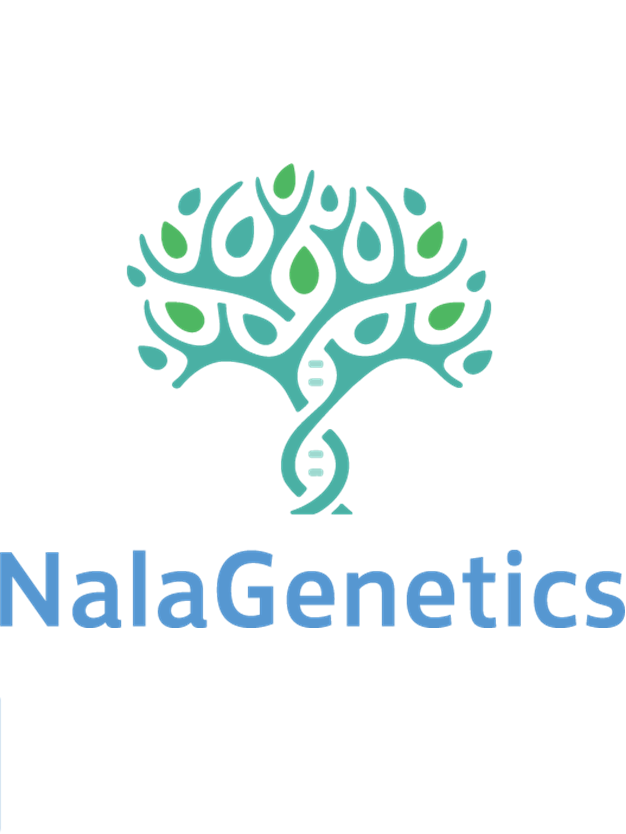NalaGenetics
Developing an interactive patient-facing interface to facilitate access to Pharmacogenomics reports and other interactions
|
Medication-related hospital admission in Singapore has reached approximately 12.4%. A cause for these unwanted occurrences is the association between an individual’s genetic variance towards certain drugs. Genetic variants are associated with 20-95% drug response variability, and recent studies conducted in Singapore have found that 30% of adverse drug responses are caused by at least one drug with a pharmacogenomics (PGx) clinical annotation, highlighting the potential to improve and optimize therapeutic outcomes through PGx testing. This was demonstrated by HLA-B*1520 testing prior to carbamazepine treatment in Singapore, displaying the benefit of gene testing before treatment initiation through the stratification of patients.
Despite many efforts to implement pharmacogenomics activity, there are still barriers to PGx adaptation that urgently need to be resolved. The biggest concern is that there are no efficient methods in report and data sharing between Singaporean hospital systems which makes it difficult to share patient reports with physicians from different medical institutions. This inconvenience places a strain for patients who would require having their reports evaluated including gene analysis during consultation. Furthermore, there is a lack of awareness and guidance on important gene-associated tests and treatments in general which prolongs the implementation of PGx testing as a standard practice in Singapore. As part of PRECISE’s Phamacogenomics Clinical Implementation Pilot, NalaGenetics is collaborating with the National University Hospital (NUH) and the National University of Singapore (NUS) to develop an interactive patient-facing interface to facilitate access to PGx reports and other interactions for both NUH and non-NUH patients and physicians. |

|


